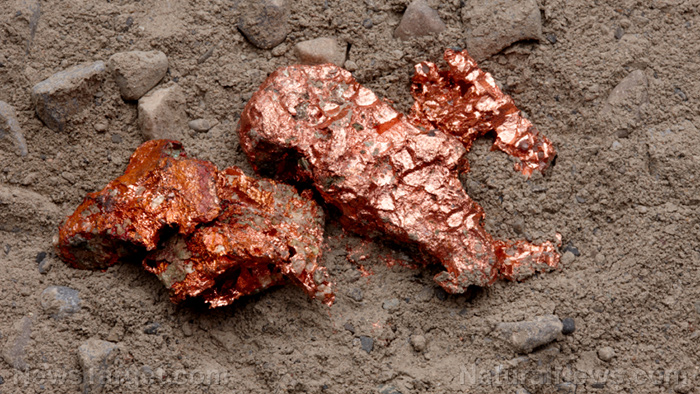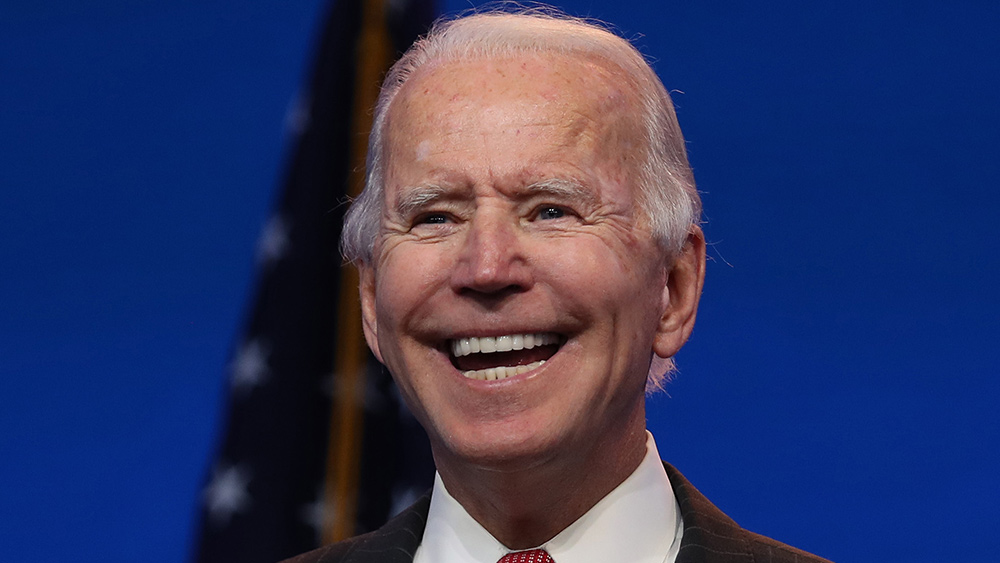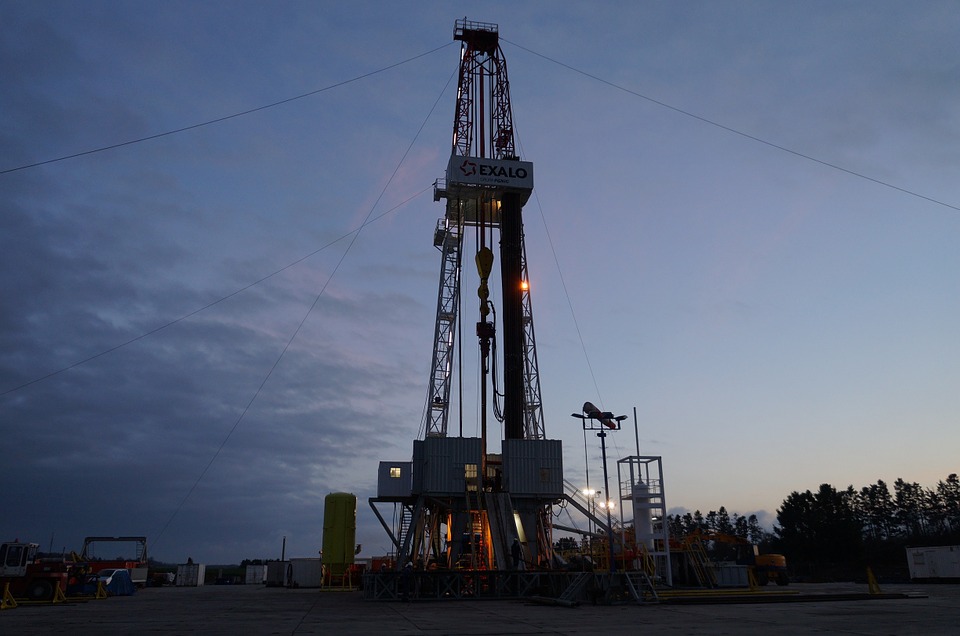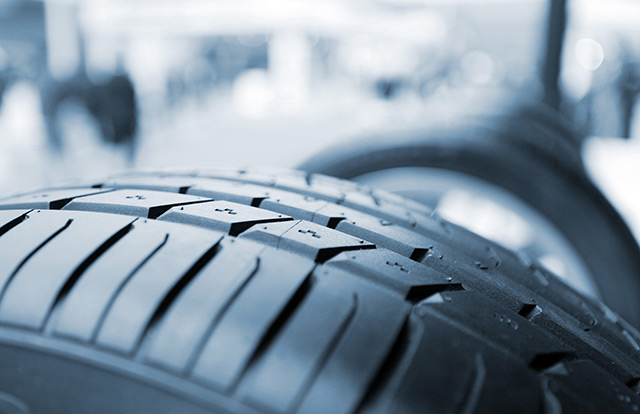Western sanctions against Russia causing more copper production to move to China, concentrating control over this critical metal in Chinese hands
04/29/2024 / By Ethan Huff

Every time the United States attempts to punish Russia for its special military operation in Ukraine, it somehow backfires on America. And the shift in copper production to China is no exception.
America’s super-smart leaders continue to sanction Russia as punishment for the war in Ukraine, which in turn is resulting in more and more industries fleeing the West for China.
Russian mining giant Norilsk Nickel, for example, is responding to U.S. sanctions by moving some of its copper smelting production to China, announced company CEO Vladimir Potanin in a recent interview.
“This pressure forced us to think about how to get our goods to the distribution market in the right way,” Potanin told the media, explaining that efforts by both the U.S. and the United Kingdom to target Russian-origin copper, aluminum, and nickel is not going the way these Western powerhouses had hoped.
“One of these non-standard solutions is to transfer part of production to markets of direct consumptions,” Potanin added.
(Related: The ongoing copper crisis is threatening the future of “clean” energy” around the world because there is not nearly enough of this important metal available for the entire world to go “green.”)
Norilsk Nickel shifts away from U.S. dollar as settlement currency
Norilsk Nickel is planning to establish a joint venture with China to build a new copper smelting plant by mid-2027. Once completed, the operation will be able to produce about two million metric tons of copper concentrate a year for the global market.
Because of U.S. sanctions, the final product will be sold as Chinese goods, which Potanin says are “much more difficult to sanction in China than Russian goods coming to China.”
Even in friendly jurisdictions, Russian metals companies face obstacles that necessitate a change like this, Potanin says. Thus, it only makes sense for Russia to continue forging these kinds of partnerships with China moving forward.
All of this is also coinciding with a dramatic shift away from the U.S. dollar as the standard settlement currency. De-dollarization, as it is also called, is a common theme in the current global economy, and Norilsk Nickel is part of it.
The company has already begun selling metal on the spot market in yuan rather than dollars using a mix of London and Shanghai prices.
In order to scale up production, Norilsk Nickel is also seeking access to China’s battery technologies, which are used in electric vehicles (EV) and other so-called “green” technologies that are being pushed as a “clean” replacement for earth-based fuels like oil and gas.
None of these changes would be happening, at least not at the current speed, had U.S. and other Western officials not imposed sanctions on Russia. It is almost as if the powers that be want to drain the West of everything before fleeing like rats off a sinking ship.
“Chinese companies are also building factories in Russia,” a commenter at RT wrote. “Russian companies can also build factories in China. For Russian companies, surviving in the face of sanctions is the most important thing.”
“I hope this doesn’t signal the start of a wholesale exodus of future-critical Russian firms to other countries,” expressed another worryingly.
“Don’t worry, when the formation of BRICS+ gets bigger and bigger enough to cover majority of countries in the world, the economy will be amongst themselves in the EAST trading bloc,” wrote another.
“Say goodbye to Western fake money USD, euro, and no need to trade with the West.”
The latest news about how China is becoming an economic powerhouse thanks to rampant corruption in the United States can be found at Communism.news.
Sources for this article include:
Submit a correction >>
Tagged Under:
China, copper, dedollarization, economy, green energy, metals, money supply, nickel, Norilsk Nickel, Russia, sanctions, supply chain, trade, war
This article may contain statements that reflect the opinion of the author
RECENT NEWS & ARTICLES
GreenTyranny.News is a fact-based public education website published by GreenTyranny News Features, LLC.
All content copyright © 2018 by GreenTyranny News Features, LLC.
Contact Us with Tips or Corrections
All trademarks, registered trademarks and servicemarks mentioned on this site are the property of their respective owners.


















